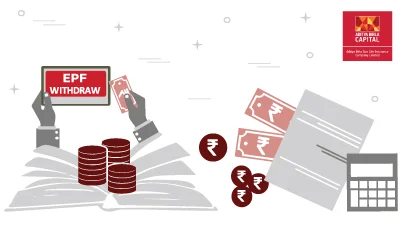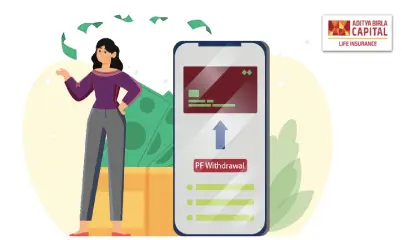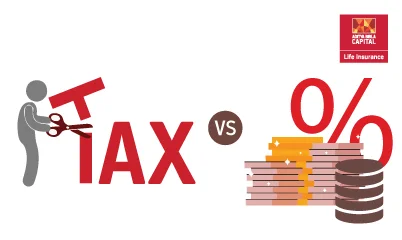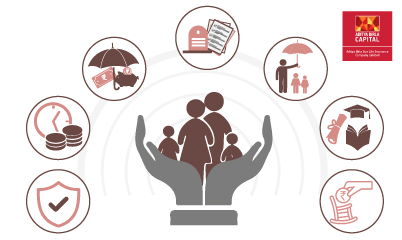The scenarios for intrastate transactions that involve a reverse charge are governed by Section 9(3), 9(4), and 9(5) of both the Central GST and State GST Acts. In addition, the scenarios for inter-state transactions that involve a reverse charge are governed by sections 5(3), 5(4), and 5(5) of the Integrated GST Act. Let's have a thorough conversation about the following potential outcomes:
The scenarios for intrastate transactions that involve a reverse charge are governed by Section 9(3), 9(4), and 9(5) of both the Central GST and State GST Acts. In addition, the scenarios for inter-state transactions that involve a reverse charge are governed by sections 5(3), 5(4), and 5(5) of the Integrated GST Act. Let's have a thorough conversation about the following potential outcomes:
A. The provision of particular goods and services that have been specified by the CBIC
The Central Board of Indirect Taxes and Customs (CBIC) has published a list of goods and services for which reverse charge is applicable in accordance with the authority granted to it in Section 9(3) of the Central Goods and Services Tax Acts.
B. The sale of a product by an unregistered dealer to a dealer who is registered
According to subsection 9(4) of the CGST Act, a vendor is subject to a reverse charge if they supply products to a person who is registered for the GST, but the vendor themselves are not registered for the GST. This indicates that the recipient, rather than the supplier, will be responsible for making direct payment of the GST. Under the reverse charge system, the registered buyer obligated to pay GST must perform self-invoicing for purchases.
When making purchases within the same state, the purchaser is responsible for paying the CGST and SGST under the reverse charge mechanism (RCM). Additionally, in the case of purchases made between states, the IGST must be paid by the buyer. The government provides periodic updates to the list of products or services to which this provision applies and notifies those updates to the public.
In real estate, the government issued a notification stating that the promoter was only allowed to purchase inside supplies from registered suppliers up to a certain percentage. If the amount of goods purchased from registered dealers is less than 80%, the promoter is responsible for paying GST at the rate of 18% on the amount of the reverse charge that is less than 80% of the total inward supply. However, the promoter must pay tax at the rate of 28% if he gets cement from a supplier who is not registered. Therefore, regardless of the results of the 80% calculation, you still need to carry out this computation.
If the TDR or floor space index (FSI) was supplied on or after April 1, 2019, the promoter is responsible for paying GST on a reverse charge basis. The transfer of development rights from a landowner to a promoter is considered a supply of service for the purposes of section 7 of the CGST Act, which means that the transfer of these rights is subject to GST. This is the case even if the landowner does not engage in the regular business of land-related activities. Additionally, in the event that one developer supplies TDR to another developer, the applicable GST rate for the reverse charge transaction is 18%.
C. The provision of services via an online retailer or facilitator
E-commerce operators can act as an aggregator for enterprises of any kind, allowing for the sale of items or the provision of services. However, according to Section 9(5) of the CGST Act, if a service provider uses an e-commerce operator to provide certain services, the reverse charge will apply to the e-commerce operator, and he will be responsible for paying GST. This provision states that the reverse charge will apply to the e-commerce operator. This section discusses several services, including the following:
- Commuting via a radio-taxi, a motor cab, a maxi cab, or a motorcycle for their transportation needs. Take for instance Ola and Uber.
- The provision of accommodation services in hotels, inns, guest houses, clubs, campsites, or other commercial places intended for residential or lodging purposes, with the exception of situations in which the person supplying such a service through an electronic commerce operator is required to register because their turnover is higher than the threshold limit. Take, for instance, Oyo and MakeMyTrip.com.
- Services related to housekeeping, such as plumbing and carpentry, with the exception of situations in which the person delivering such services through electronic commerce operators, are required to register owing to exceeding the threshold limit for annual sales volume. For instance, Urban Company offers the services of a variety of professionals, such as plumbers, electricians, teachers, beauticians, and so on. In this scenario, Urban Company is the one who is responsible for paying GST, and it is they who will be collecting it from customers rather than the registered service providers.
Consider another scenario in which the company operating the online store does not have a physical presence in the area subject to taxation. In such a scenario, any individual representing an online business that engages in electronic commerce will be held accountable for paying any applicable taxes. If there isn't a representative, the operator will choose one for them, and that person will be responsible for paying GST on their behalf.




 Table of Contents
Table of Contents
 Home Loans
Home Loans
 Personal
Loans
Personal
Loans
 SME Loans
SME Loans
 Business Loans - Udyog
Plus
Business Loans - Udyog
Plus
 Loan against Securities
Loan against Securities
 Mutual Funds
Mutual Funds
 Stock and
Securities
Stock and
Securities
 Portfolio
Management Services
Portfolio
Management Services
 Pension Funds
Pension Funds
 Life
Insurance
Life
Insurance
 Health
Insurance
Health
Insurance
 Wellness
Solutions
Wellness
Solutions
 Pay Bills
Pay Bills
 Pay anyone
Pay anyone
 Pay on call
Pay on call
 Payment
Lounge
Payment
Lounge
 ABC Credit
Cards
ABC Credit
Cards

 1800-270-7000
1800-270-7000









